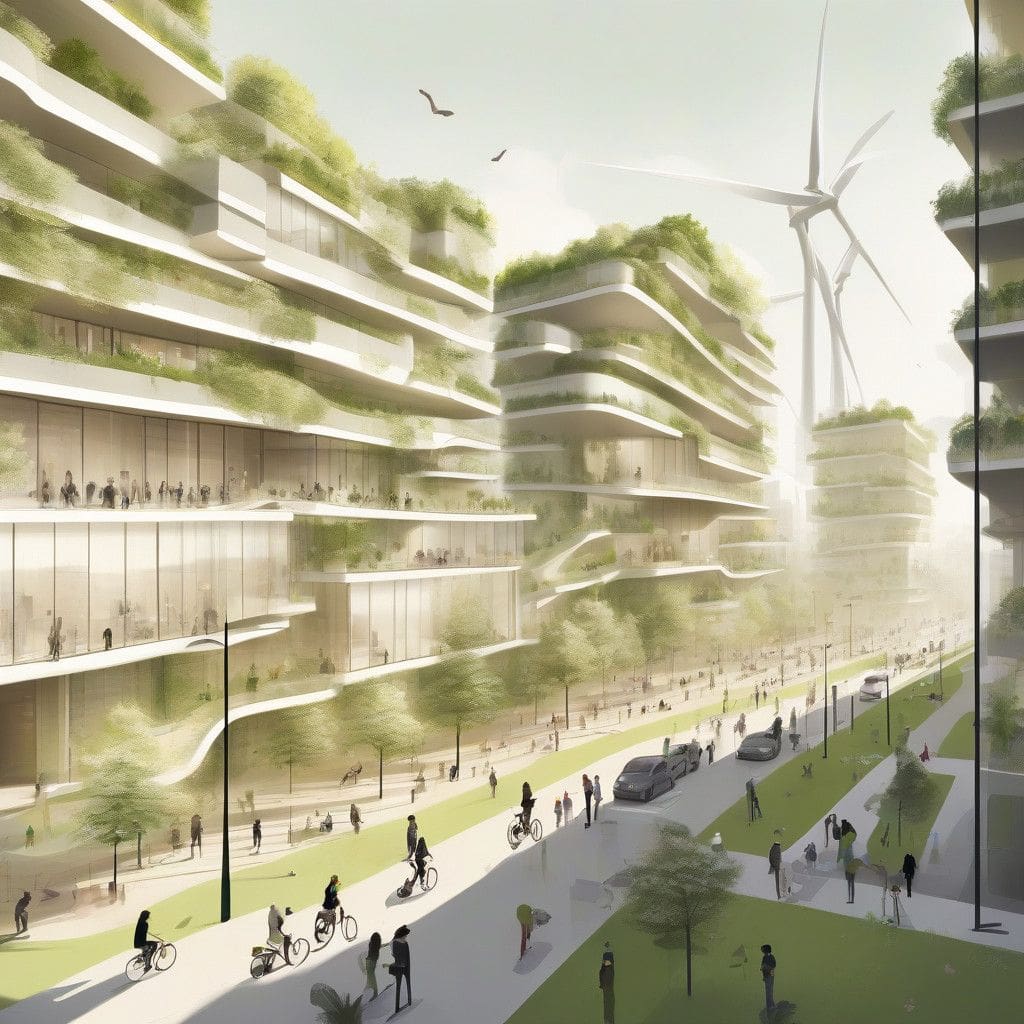The European Union has set ambitious goals to combat climate change, with targets that include achieving climate neutrality by 2050 and halting biodiversity loss by 2030. The LIFE Programme, one of the EU’s financial instruments, plays a crucial role in this mission. It recently announced a substantial funding allocation of €380 million, which covers over half of the estimated €574 million required to implement a series of pioneering environmental projects across the continent. This funding will be complemented by contributions from national, regional, and local governments, public-private partnerships, businesses, and civil society organizations, showcasing a collective commitment to addressing environmental challenges.
At the heart of the LIFE Programme is the promotion of a circular economy, which is critical for reducing waste and optimizing resource use. Approximately €143 million has been earmarked for 26 projects focused on improving water utilization, tackling air and noise pollution, and minimizing waste. A standout among these initiatives is Italy’s LIFE GRAPhiREC project, which aims to recycle graphite extracted from battery waste. This innovative approach has the potential to generate an impressive €23.4 million in revenue while simultaneously reducing production costs by €25 million. Such projects not only highlight financial viability but also underscore the importance of resource recovery in transitioning to a sustainable economy.
Spain’s LIFE POLITEX project exemplifies another facet of this movement, with a €5 million investment dedicated to addressing the fashion industry’s substantial environmental impact. By converting textile waste into new fabrics, this initiative stands to significantly lessen pollution and resource consumption. Additionally, the Canary Islands will benefit from the €9.8 million DESALIFE project, which aims to enhance water resilience. Through the use of offshore wave-powered buoys, it aspires to desalinate a staggering 1.7 billion litres of ocean water—important for both the local ecosystem and community access to clean water.
Biodiversity restoration is another critical area supported by the LIFE Programme, with close to €216 million allocated for ecosystem restoration and species conservation efforts. A total of 25 projects will focus on restoring habitats and improving the management of freshwater, marine, and coastal environments. Notably, the LIFE4AquaticWarbler and LIFE AWOM projects aim to save the rare aquatic warbler bird, mobilizing €24 million across multiple countries, including Belgium, Germany, and Spain. Budapest’s €3.6 million Biodiverse City LIFE project illustrates the intricate relationship between urban life and nature, demonstrating that cities can indeed integrate biodiversity into their planning and development strategies.
With €110 million dedicated to climate resilience initiatives, Europe is gearing towards effectively adapting to climate change’s adverse impacts. Projects such as IMAGE LIFE and LIFE VINOSHIELD are set to assist European vineyards and cheese producers, like those creating Parmigiano Reggiano and Camembert, in adjusting to the challenges posed by extreme weather conditions and water scarcity. These adaptations are vital for maintaining traditional agriculture and ensuring food security amidst shifting climate patterns.
The promotion of clean energy solutions is equally crucial in the EU’s green transition, with €105 million allocated to projects in this category. LIFE DiVirtue, with a funding of €1.25 million, leverages virtual and augmented reality to train construction professionals in best practices for building zero-emission structures. Such innovative training methods pave the way for a workforce that is equipped to meet the needs of a sustainable future. Furthermore, the €10 million ENERCOM FACILITY project aims to empower 140 emerging energy communities across Europe, supporting the development of sustainable energy initiatives that will promote renewable energy solutions in the long run.
The LIFE Programme’s investment in these 133 transformative projects exemplifies the European Union’s commitment to addressing pressing environmental concerns. By fostering innovations in the circular economy, biodiversity restoration, and climate resilience, Europe is not only striving toward its goal of climate neutrality by 2050 but is also paving the way for a greener, more sustainable future for its citizens.
As businesses, governments, and communities rally together to support these initiatives, the implications of such investments extend far beyond environmental impact. They have the potential to catalyze economic growth, enhance public health, and promote social well-being by improving the quality of life for all. The road ahead may be challenging, but with sustained commitment and strategic investment, it is indeed possible for Europe to emerge as a leader in the global fight against climate change.












